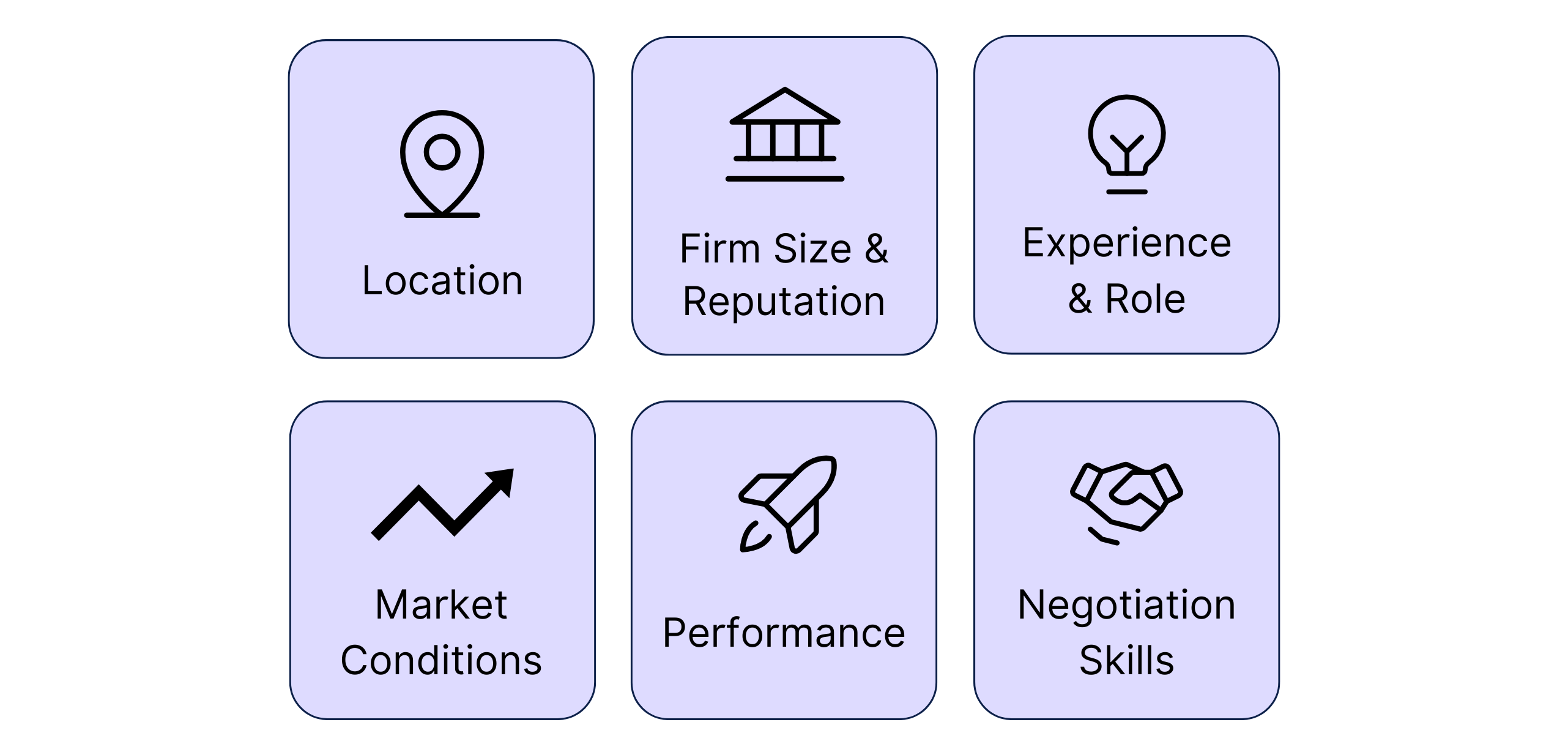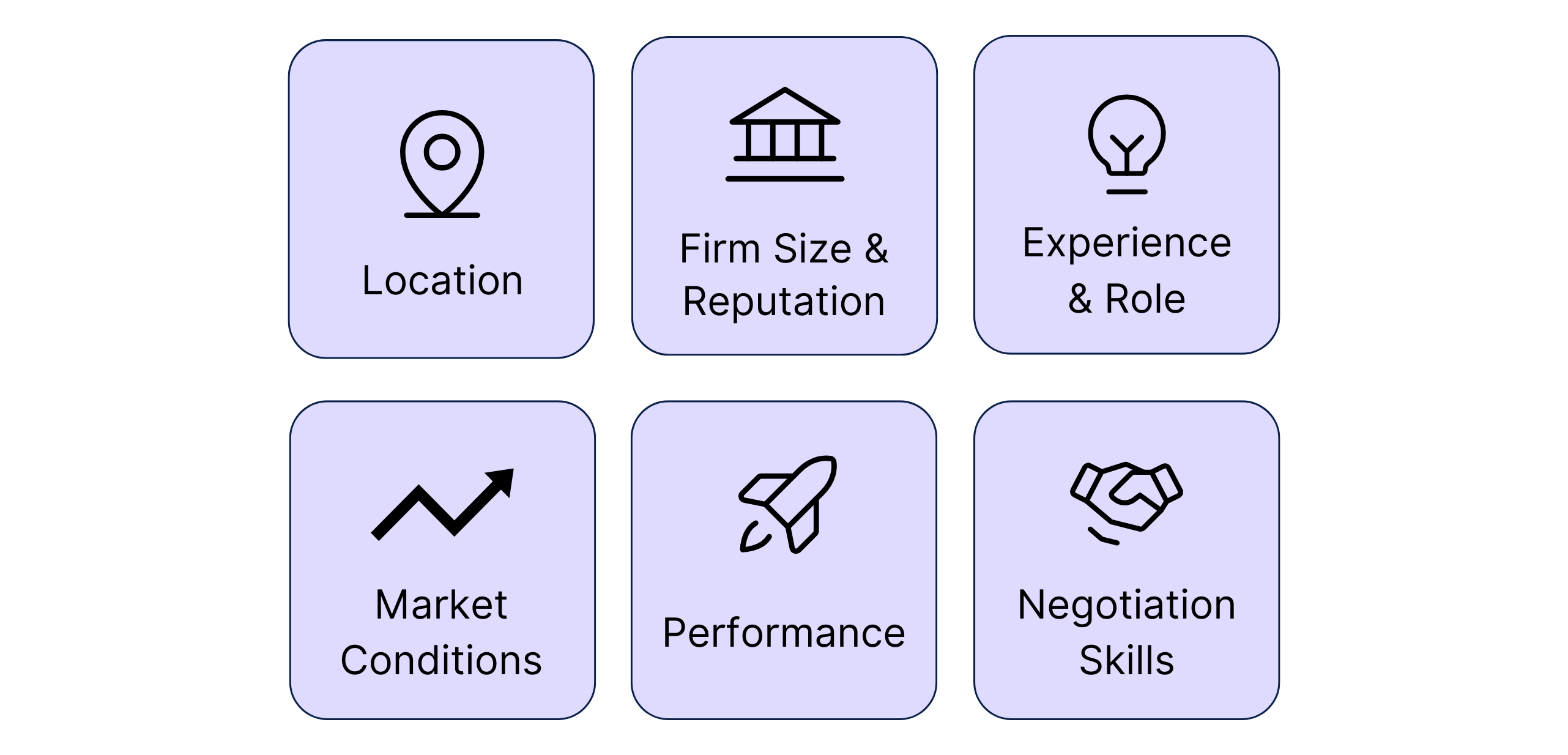As an aspiring investment banker or a professional looking to advance your career, you've probably spent countless hours scouring the internet for accurate and up-to-date information on salaries in the industry. Somehow, every website, blog, and forum seems to have its own set of figures.
That's understandable because IB salaries are tricky to pin down. Most firms don't publish their pay rates in job postings, and there are variations in compensation based on position, firm type, location, individual performance, and other factors.
But you still deserve accurate numbers to establish effective benchmarks for negotiations and know your earning potential. That's why we've compiled data from trusted sources, conducted interviews with industry insiders, and analyzed the latest trends to bring you a comprehensive guide to IB salaries for 2025. 🚀









